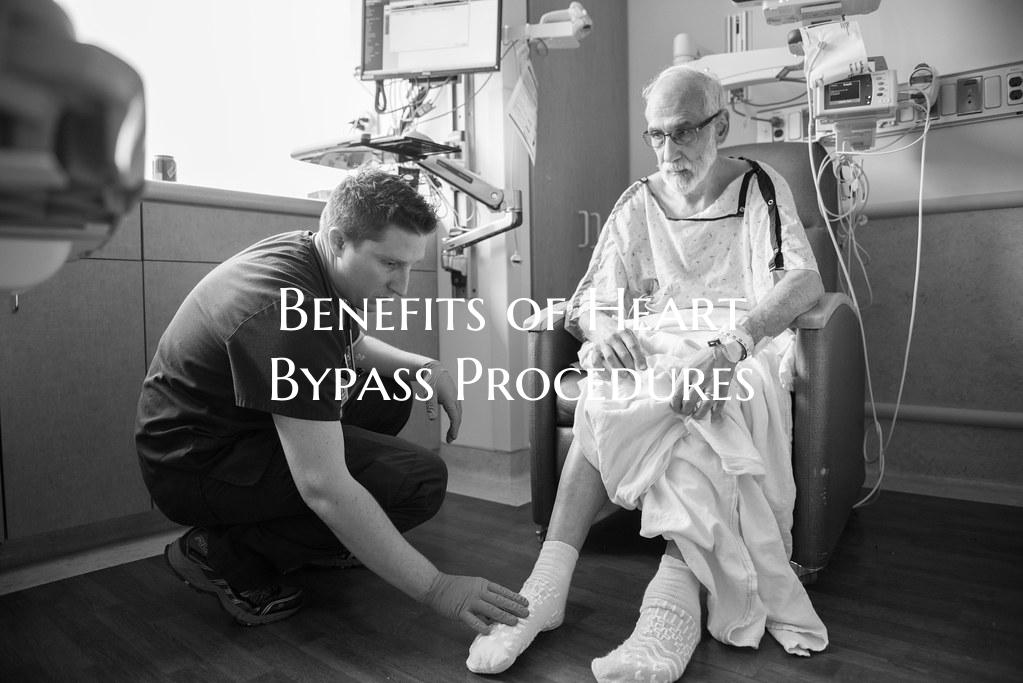
Benefits of Heart Bypass Procedures
Heart bypass procedures, also known as coronary artery bypass grafting (CABG), are commonly performed to improve blood flow to the heart muscles when arteries are blocked or narrowed. These surgeries can offer a range of benefits for individuals suffering from coronary artery disease and other heart conditions. Here are some key advantages of heart bypass procedures:
1. Improved Blood Flow: One of the primary benefits of heart bypass surgery is the restoration of proper blood flow to the heart. By rerouting blood around blockages in the coronary arteries, the procedure helps ensure that the heart muscle receives an adequate supply of oxygen-rich blood. This can relieve symptoms such as chest pain (angina) and shortness of breath, and improve overall heart function.
2. Reduced Risk of Heart Attack: Heart bypass surgery can significantly reduce the risk of heart attacks in patients with severe coronary artery disease. By bypassing blocked or narrowed arteries, the surgery helps prevent potentially life-threatening cardiac events by restoring proper blood circulation to the heart.
3. Improved Quality of Life: Many individuals who undergo heart bypass procedures experience a noticeable improvement in their quality of life. Relief from symptoms such as chest pain and fatigue can enhance overall well-being and enable patients to engage in physical activities and daily tasks more comfortably.
4. Long-Term Survival: Studies have shown that coronary artery bypass grafting can lead to better long-term survival rates compared to medical therapy alone in certain patient populations. By addressing blockages in the coronary arteries, the surgery can help prolong life expectancy and reduce the risk of cardiovascular complications.
5. Management of Severe Heart Disease: For patients with advanced coronary artery disease that is not effectively treated with medication or less invasive procedures, heart bypass surgery can offer a reliable and durable solution. It is often recommended for individuals with multiple blockages or complex heart conditions that require surgical intervention.
6. Potential for Symptom Relief: In addition to improving blood flow and reducing the risk of heart-related complications, heart bypass surgery can also alleviate symptoms such as chest discomfort, shortness of breath, and exercise intolerance. This can lead to a significant enhancement in the individual's overall comfort and physical capacity.
7. Secondary Prevention: Heart bypass procedures are not only beneficial for addressing existing coronary artery disease but also play a crucial role in secondary prevention. By improving blood flow and reducing the workload on the heart, bypass surgery can help prevent the progression of heart disease and decrease the likelihood of future cardiovascular events.
In conclusion, heart bypass procedures offer a range of benefits for individuals with coronary artery disease, including improved blood flow, reduced risk of heart attacks, enhanced quality of life, long-term survival advantages, effective management of severe heart disease, symptom relief, and secondary prevention benefits. Consulting with a healthcare provider can help determine if bypass surgery is a suitable treatment option based on individual health needs and circumstances.